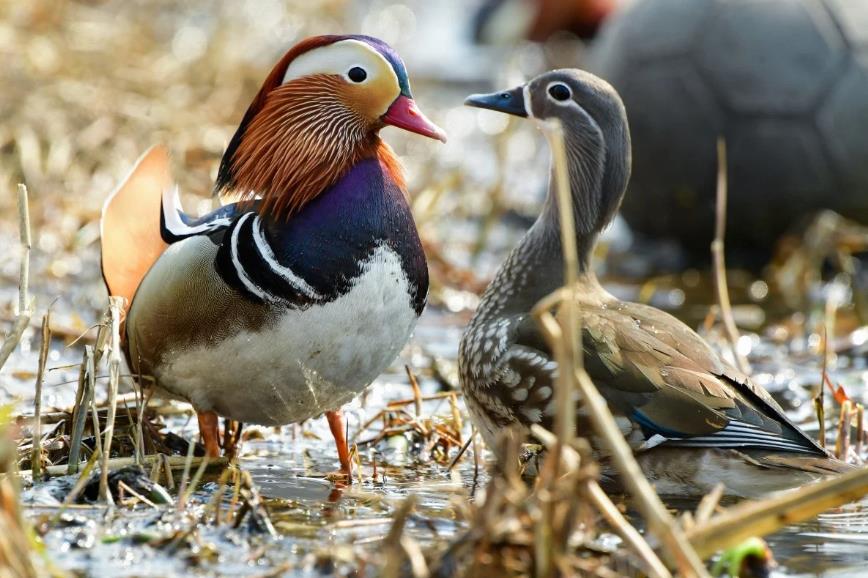Dec 01, 2020, 10:43
 The word yuanyang indicates the duality inherent in the object thus named or described: two types of noodles, coffee and tea, two flavours of broths in which you dunk morsels of uncooked food. Its use in a food and drink context, however, is fairly recent.
The word yuanyang indicates the duality inherent in the object thus named or described: two types of noodles, coffee and tea, two flavours of broths in which you dunk morsels of uncooked food. Its use in a food and drink context, however, is fairly recent.
Yuanyang is the Chinese name for Aix galericulata, or the mandarin duck, where yuan refers to the beautifully plumed male bird and yang the plainer female one. The Chinese believe that mandarin ducks mate for life, a belief that spread to the Japanese, Koreans and Vietnamese, all of whom use the pair of birds to symbolise the love of devoted couples.
Before mandarin ducks were symbols of romantic love, however, they were invoked as representations of fraternal love. In poems written in the 300 years from the 3rd century, mandarin ducks were metaphors to describe a pair of brothers or the bond between them. An early 6th century compilation of prose and poetry contains a poem of farewell written by one brother to another.
“All men are brothers; no one is a stranger. Even more so when we are branches of the same tree; born of the same body. We used to be together like the yuan and yang, but now we are two stars forever apart in the night sky.”
The popular association of yuanyang with romance came about during the Tang dynasty (618-907). In his poem Changan: Poem Written in an Antiquated Form, 7th century poet Lu Zhaolin wrote that lovers “wished to be mandarin ducks more so than immortals”.
Like “going down the rabbit hole”, “Big Brother” and “Catch-22”, phrases from literature that entered everyday use in the English language, that line from Lu’s poem was so popular during the Tang period and beyond that the association between Aix galericulata and inseparable couples in love has become cemented in the Chinese psyche.
The irony is that mandarin ducks do not mate for life at all and the yuan are deadbeat dads who leave once the ducklings hatch. Observable scientific facts notwithstanding, 14 centuries of cultural and linguistic habit means that yuanyang as a metaphor for romantic love is likely to stay.
But the dynamism of languages and their users also means that its use can be expanded, as we have seen in various yuanyang foods and beverages in different parts of the Chinese-speaking world. Who knows? In this more inclusive age, yuanyuan, yangyang and any number of permutations may eventually enter popular use.
Community login






Add a comment